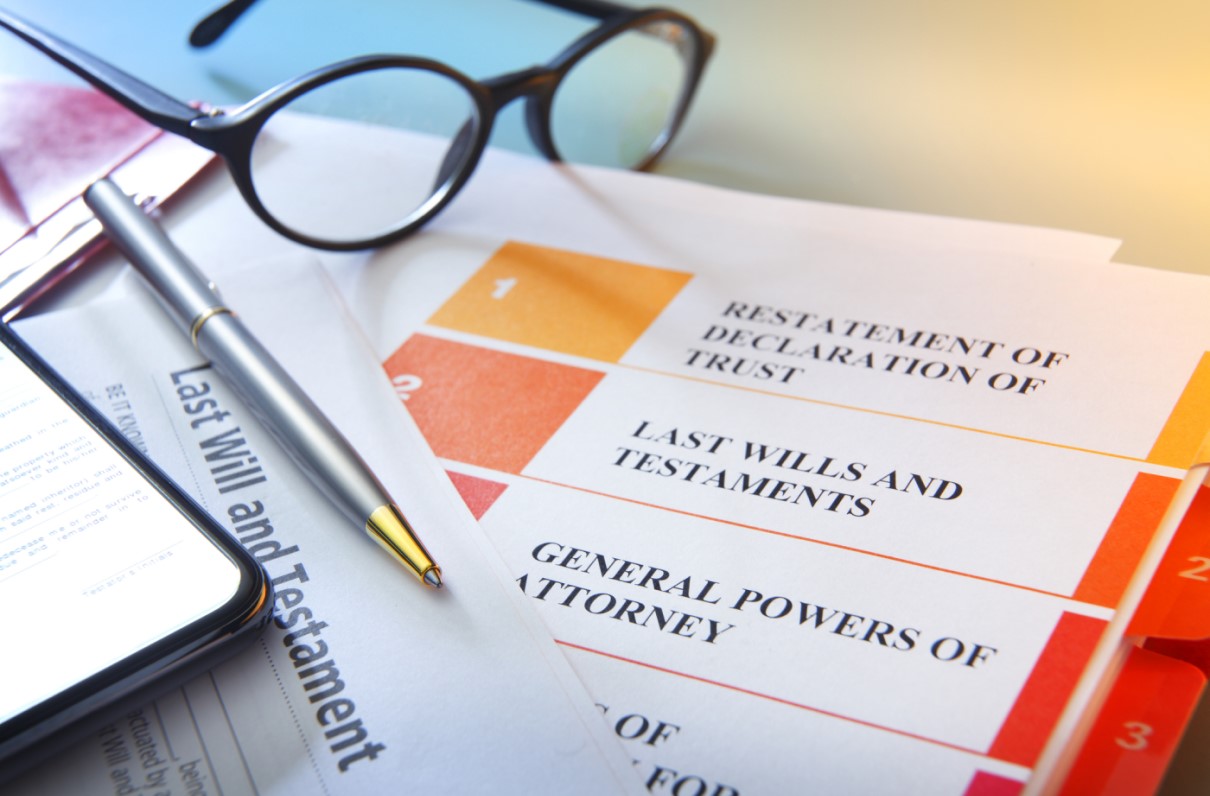The word “estate” may conjure up images of gated mansions, chauffeur-driven cars, and big yachts. Yet estate planning is not just for the ultra-wealthy, nor is it just for the elderly. Everyone, regardless of their net worth, should have an estate plan, not only to preserve their assets, but also to protect their loved ones and take care of themselves.
Many people already have a will, but a comprehensive estate plan goes beyond that. It includes beneficiary designations, durable powers of attorney for finance and health care, a living will, and possibly a trust.
Here are five reasons why you need an estate plan.
1. A will may not cover all your property. A will is a legal document directing the distribution of your assets after your death. It can also include instructions on other matters, such as designating a guardian for your minor children or naming an executor for your estate. It’s a good foundation for an estate plan, but it may not address all your assets. For insurance policies and retirement plans, for instance, the beneficiary is designated on the account itself, not through the will.
[MOAA MEMBER-ONLY PUBLICATION: Help Your Survivors Now: A Guide to Planning Ahead]
2. Your family is a bit complicated. Complex family dynamics may mean a will is not a satisfactory way to make sure all your wishes are carried out. You may need to create a living trust, which is a legal structure that holds your assets.
Trusts can have explicit instructions for how you want to distribute assets to various beneficiaries, and they can restrict how and when beneficiaries can use the assets they receive (in case you are worried Junior might blow his inheritance at age 18). If you have a special needs child, a trust can help take care of your child and allow them to remain eligible for means-tested public benefits.
3. You want to avoid probate. Probate is the legal process that takes place after someone dies. Even if you have a will, your heirs will have to go through probate to prove the will is valid, identify and inventory the assets included in it, pay debts and taxes, and distribute the property. The process is different in every state, but it can be lengthy and costly.
If you have a trust, it’s possible to avoid probate altogether. While probate is a public process – and after death, a will is a public document – a trust can keep your affairs private.
[RELATED FROM 2019: Is Your Spouse Prepared if You Should Die First?]
4. You want a say in who will make your health care and financial decisions. Even if you have a will in place, it doesn’t go into effect until you die. So, if you want someone to be able to make medical or financial decisions for you should you become incapacitated, you are going to need separate medical and financial powers of attorney.
A medical power of attorney, or healthcare proxy as it is called in some states, grants someone the authority to make medical decisions on your behalf if you become incapacitated. This might be used in conjunction with a living will, which documents your end-of-life preferences.
A financial power of attorney can appoint an agent to make financial decisions, including paying bills or managing real estate and other assets.
These powers of attorney can be “durable,” meaning that they are in effect once they are signed, or “springing,” meaning that they come into effect only when a certain level of incapacity has been reached.
5. You want to spare your heirs a big tax bill. While the federal estate tax exemption is currently quite high, it’s slated to drop dramatically in 2026 — from $11.58 million to around $6 million. And some states impose inheritance or estate taxes of their own, which may have lower limits that could impact even modest estates.
[RELATED: MOAA’s Military State Report Card and Tax Guide]
A living trust doesn’t reduce estate taxes, but another type of trust, called an irrevocable trust, might. Charitable trusts may also be a way to reduce the tax burden while donating to a favorite cause.
Whether your estate is modest or worth millions, there are aspects of estate planning that apply to everyone. It’s the best way to make your wishes known, take care of your family, and leave a meaningful legacy.
MOAA's Financial Planning Guide
MOAA PREMIUM and LIFE Members can get advice and insights on how to navigate life’s critical decisions.

